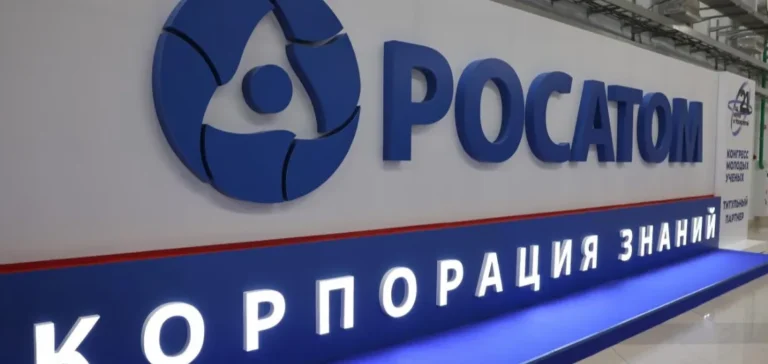Russian state corporation Rosatom plans to complete in 2025 the field work intended to select the site of Kazakhstan’s first nuclear power plant (NPP). According to Mikhail Ivanov, Deputy Director General for the design of foreign power plants at JSC Atomenergoproekt, these studies encompass the geodetic, geological, hydrometeorological and environmental data required for site selection.
Technical field analyses
Activities carried out on site include soil investigations to a depth of 120 metres, surface and borehole geophysical surveys, and hydrogeological assessments of groundwater strata. Seismic analyses are also under way to examine the stability of potential sites against natural hazards. Rosatom is working with specialised institutes from both countries to ensure the reliability of the data collected.
More than 100 specialist engineers have been deployed for these tasks, split between field work, laboratory testing and computer modelling. The company is using advanced mechanical equipment and technical software to ensure process integrity.
Intergovernmental partnership and local coordination
The entire project is overseen in coordination with Kazakhstan Nuclear Power Plants (KNPP), the national client entity. The process is designed to ensure a high level of transparency and efficiency, notably in producing the technical documentation required to obtain a site licence.
The current phase is a critical step in the development of Kazakhstan’s nuclear project, validated by referendum in 2024. On August 8, 2025, initial investigations began in the village of Ulken in the Almaty region, marking the official launch of site studies.
Rosatom named consortium lead
In June 2025, Rosatom was designated lead of the international consortium tasked with building the plant, after a selection process involving China National Nuclear Corporation (CNNC), Électricité de France (EDF) and Korea Hydro & Nuclear Power (KHNP). The Russian proposal was judged the most advantageous on technical and contractual grounds, according to statements by the Kazakh Atomic Energy Agency.
This project represents a major step for Kazakhstan, which plans to integrate nuclear power into its energy mix. Comprehensive assessment of risks and natural conditions forms the basis on which the safety of the future facility will be built.






















